Lose the Winter Blues
The holidays are a magical time of year, but they are also incredibly stressful. The demands placed on our time and finances are significant, and can take a toll on our physical and mental health. The good news is there are ways to mitigate these stressors. Here are some tips to help you survive (and maybe even enjoy!) this holiday season.
Perspective matters. While defensively weaving your way through the crowded grocery store, remind yourself that you are lucky to have people in your life to sit down with and share a meal. While making up the guest bedroom for your in-laws, remember how important it is for your kids to know their grandparents. While doing the dishes, think of how fortunate we are to live in a place where running water is not a luxury.
Exercise compassion. This means be kind to yourself as well. You have to sleep, and you must take breaks to eat and use the bathroom. Your personal needs are important. You’ll be a more useful, patient, and functional human being if you get what’s essential, and you will be less resentful as well. Self-care is not selfish! And compassion towards others includes forgiveness. That might mean wishing happy holidays to that neighbor who still hasn’t returned your shovel from last winter, or inviting over a family member who was previously on the outs. It also includes demonstrating empathy for the person who took your parking spot or grabbed the last gallon of milk at the store. As Plato said, “Be kind, for everyone you meet is fighting a hard battle.”
Be realistic. No need to aim for a grand gesture, an expensive vacation, or the most complicated dessert. Be sincere but keep it simple so that you can enjoy the experience too. If your mother’s brother has fulfilled the role of “drunkle” at every holiday dinner you’ve been to, don’t expect him to start quoting poetry this year. Your college-aged children may stick to the 11am wake time, 4pm naptime schedule that they adopted at school, so anticipate that happening unless you speak up.
Keep expectations tempered and truthful, so it’s not a set-up for disappointment. Too much of what we see these days is curated and staged. Let the people in your life be faithful to their true selves, even if that isn’t perfect.
Get creative. Housework is a chore. Literally. But if you’re breathing harder and sweating afterwards then it’s also exercise! That kind of physical movement coupled with checking off a to-do box triggers the pleasure centers in the brain to release happy hormones. Music can also keep you motivated and help the time pass more pleasantly. Sports teams often have upbeat “hype” playlists blasting during their warm-ups to build enthusiasm. Who wouldn’t perform better with the help of an awesome soundtrack? Or an interesting podcast? Or the company of a stand-up comedian? If your brain is entertained, the grunt-work feels less grunty.
Keep breathing. To help combat the dread when you are feeling overwhelmed or anxious, try some Mindful Breathing. Because breathing is usually passive and automatic, it can be overlooked as a powerful stress-relieving tool. When we pay attention to taking deep, controlled breaths, it’s called Mindful Breathing. Lowering your respiratory rate will lower your heart rate and fill your lungs with oxygen-rich blood that gets transported to your brain and other tissues…. which all translates into clearer, calmer thinking. Focusing on your breathing also shifts your mind away from whatever is agitating you (mostly things you cannot control) and toward something tangible you can do that has immediate results. Try breathing in for a count of four, holding it for a count of four, breathing out for a count of four, and holding that for a count of four. Repeat several times in moments of crisis or high stress.
Go outside. Even if it’s cold out there! Studies show that exposure to sunshine (especially when winter days are so short) keeps us physically regulated and mentally healthy. Fresh air, particularly during cold and flu season, is crucial to good health as well. Connecting to nature and the world around us— and disconnecting from social media and gaming— are positive steps toward self-care.
Practice gratitude. Find ways in which you are in sync with the universe. We call these “micromoments of happiness”. It is human nature to highlight negative experiences (this dates back to caveman times when being alert to wildlife threats was life-saving). If we instead attend to even small moments that bring us joy, it resets the brain’s chemistry. Examples include: The cashier smiled and was friendly; Your child offered an unsolicited hug; The dog didn’t make a mess with his dinner; Your spouse loaded the dishwasher. If you look with determination, you can find these tiny snippets of joy. If you focus on them, they will permeate and uplift your mood.
There are times when demands are being made and you might feel like you’re running on fumes. Use these tools to help ground you and avoid spiraling into negativity. As for New Year’s resolutions, sweeping promises to shun carbs or donate your paycheck to charity miss the mark. You don’t need a personality overhaul just because you got a new calendar. Try committing to a gentler perspective of others, practicing compassion for them and for yourself, maintaining realistic expectations, letting in creative energy, purposefully mindfully breathing, interacting with nature outside, and finding joy so you can practice gratitude. These small shifts can have an immense impact on quality of life.
Written by Dr. Carly Wilbur, UH Pediatrician and PSI Medical Director.



